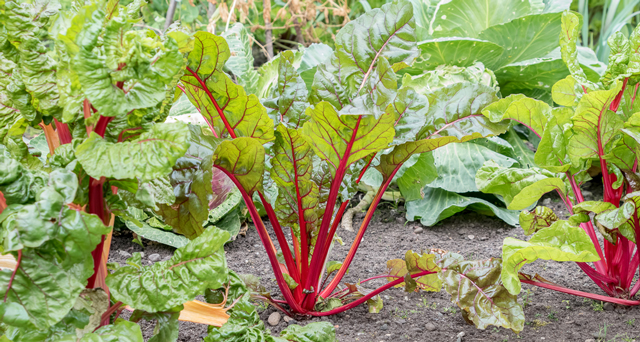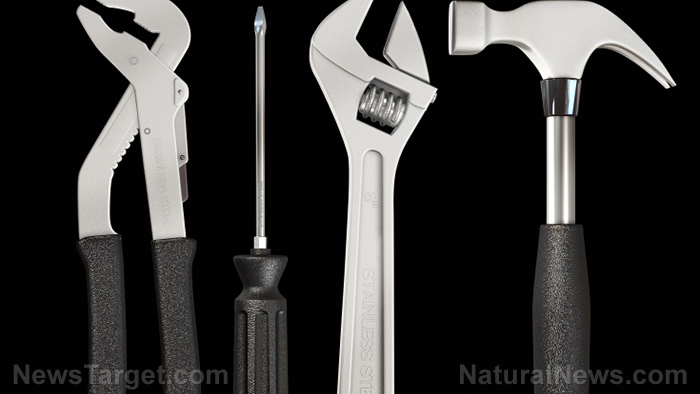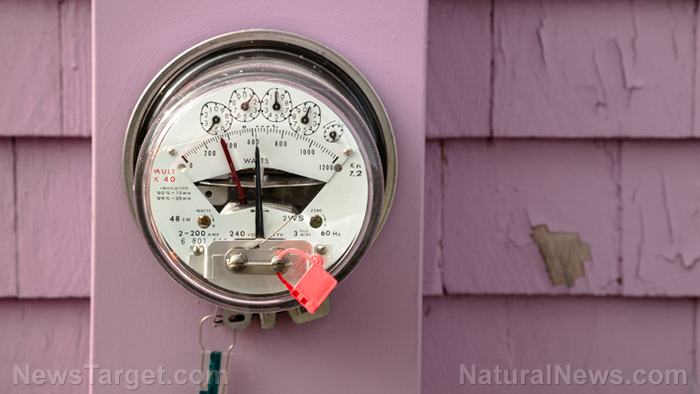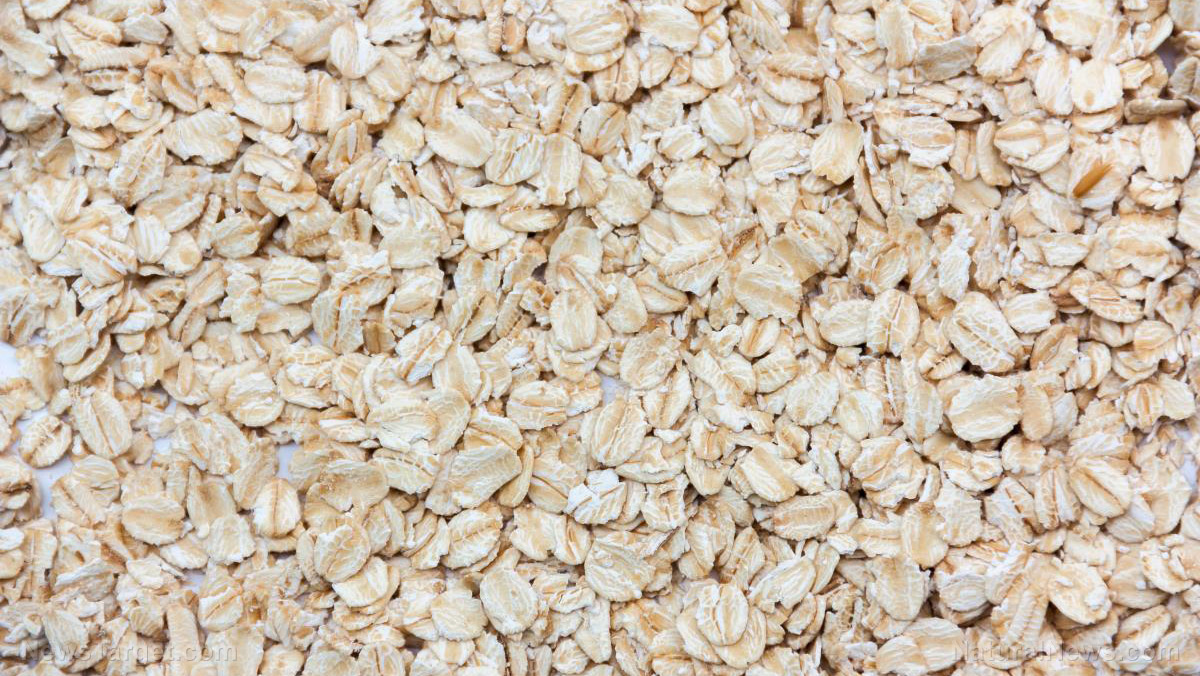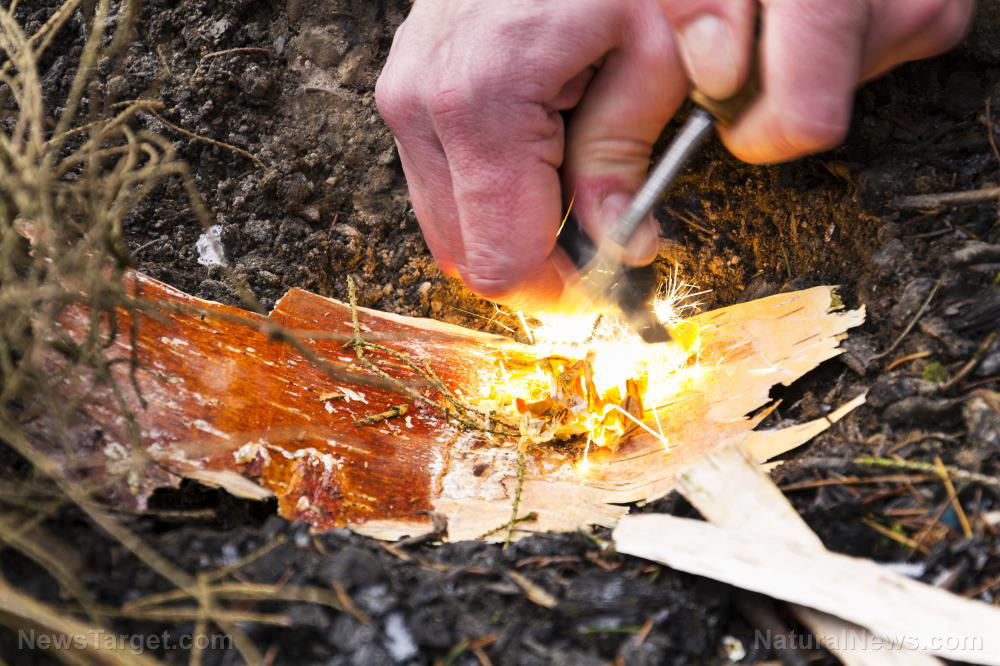Home gardening 101: 5 Secrets for growing great tomatoes
05/18/2019 / By Michelle Simmons
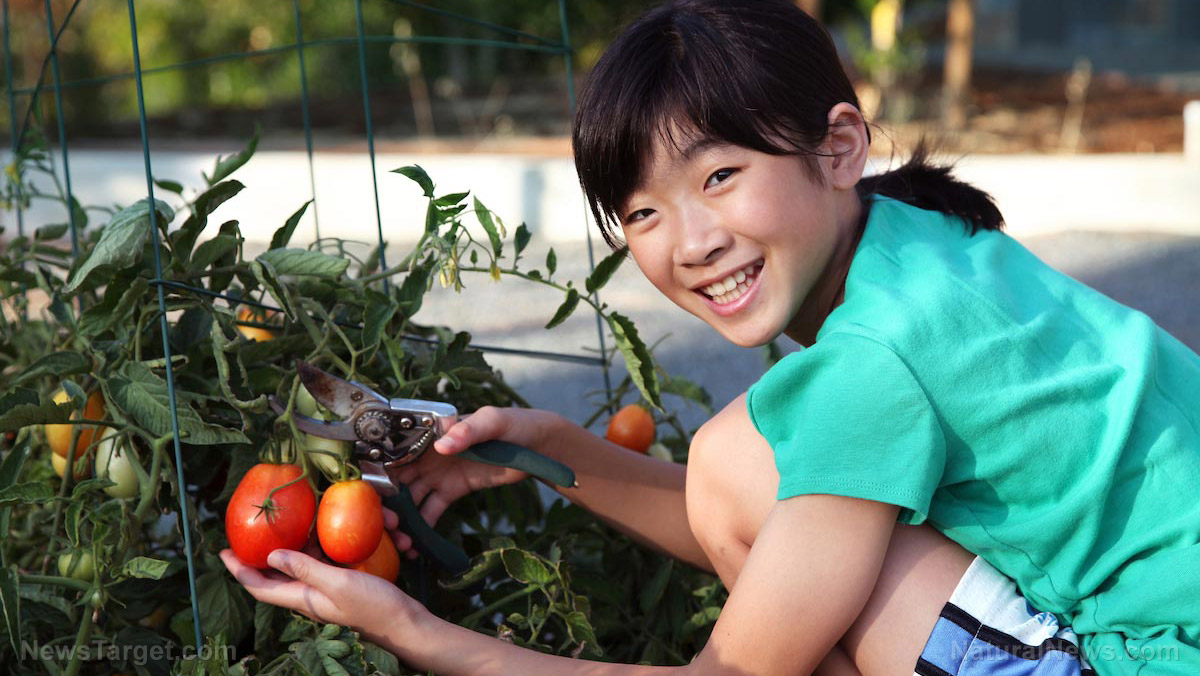
Successfully growing tomatoes in your home garden may be one of the most rewarding feelings you could experience as a home gardener. For tomato lovers, nothing can beat the taste of a fresh, juicy, sweet but tangy, aromatic, and blemish-free tomato grown in your own garden. Here are some tips to help you grow great-tasting tomatoes: (h/t to OldWorldGardenFarms.com)
- Always plant tomatoes in a new space: When it comes to tomatoes, growing them in the same space every year would lead to failure. Tomato plants are extremely vulnerable to diseases, especially ones found in the soil like tomato blight and blossom rot. Avoid planting them in the same space for at least three years. If you grow in pots or containers, change the soil every season. By rotating the crop to a new space every season, you are greatly reducing the risk of diseases. In addition, tomatoes feed heavily from the soil, so moving them to a new space gives them fresh nutrients.
- Plant them deep: Plant your tomatoes at a depth of around six to eight inches. This will help them withstand wind and storms and prevent them from drying out too quickly. In addition, planting deep gives additional roots more room to grow, and those roots are essential in helping find nutrients and water for the plant. You can use a post hole digger to make a great planting hole.
- Add natural fertilizers when you plant: Start by digging holes about 10 inches deep, then fill them with a mix of soil, compost, a few crushed eggshells, a couple of teaspoons of coffee grounds, and a quarter cup of worm castings. The compost, coffee grounds, and worm castings provide nutrients as the plants grow, while the crushed eggshells offer calcium as they break down, preventing black rot and blossom-end rot.
- Provide support before planting: You can use cages or stakes to provide support to your plant. Supporting your tomato plants greatly helps in keeping them healthy as vines can easily be damaged if unsupported. Unsupported vines are also more prone to disease and pests when they sprawl on the ground. There is also a high chance of them being tangled, restricting air circulation and limiting sunlight exposure – both of which are important in ripening tomatoes.
- Mulch: Mulching is important in the health and production level of tomato plants. It regulates soil temperature, prevents soil and nutrients from eroding during strong rains, and prevents weeds that compete for the nutrients your plants need. Using a double-mulching technique will greatly prevent a weed explosion. To do this, place a 1- to 2-inch thick layer of compost around each plant, then add in another quarter-cup of worm castings. Finish off by adding a 4- to 6-inch thick layer of straw around every plant.
Reasons to plant your own tomatoes
Homegrown tomatoes and other crops, in general, are healthier than store-bought ones: They taste better and are healthier and fresher. Tomatoes are rich in lycopene, an antioxidant that can keep your skin healthy and can protect you from certain types of cancer. In addition, tomatoes contain other antioxidants like vitamins A and C that also help fight harmful free radicals. Tomatoes also contain good amounts of calcium and vitamin K, which are essential in maintaining bone health. The vitamin B and potassium content of tomatoes are also beneficial for the heart. These nutrients effectively lower cholesterol and blood pressure levels, preventing heart attacks, stroke, and other heart problems. (Related: Tomatoes found to halt stomach cancer due to anti-cancer nutrients.)
Start building your home garden now. Learn more at HomeGardeningNews.com.
Sources include:
Tagged Under: food independence, food production, food supply, gardening, green living, home gardening, homesteading, how-to, off grid, organics, sustainable living, tomatoes
RECENT NEWS & ARTICLES
COPYRIGHT © 2017 OFFGRID NEWS

